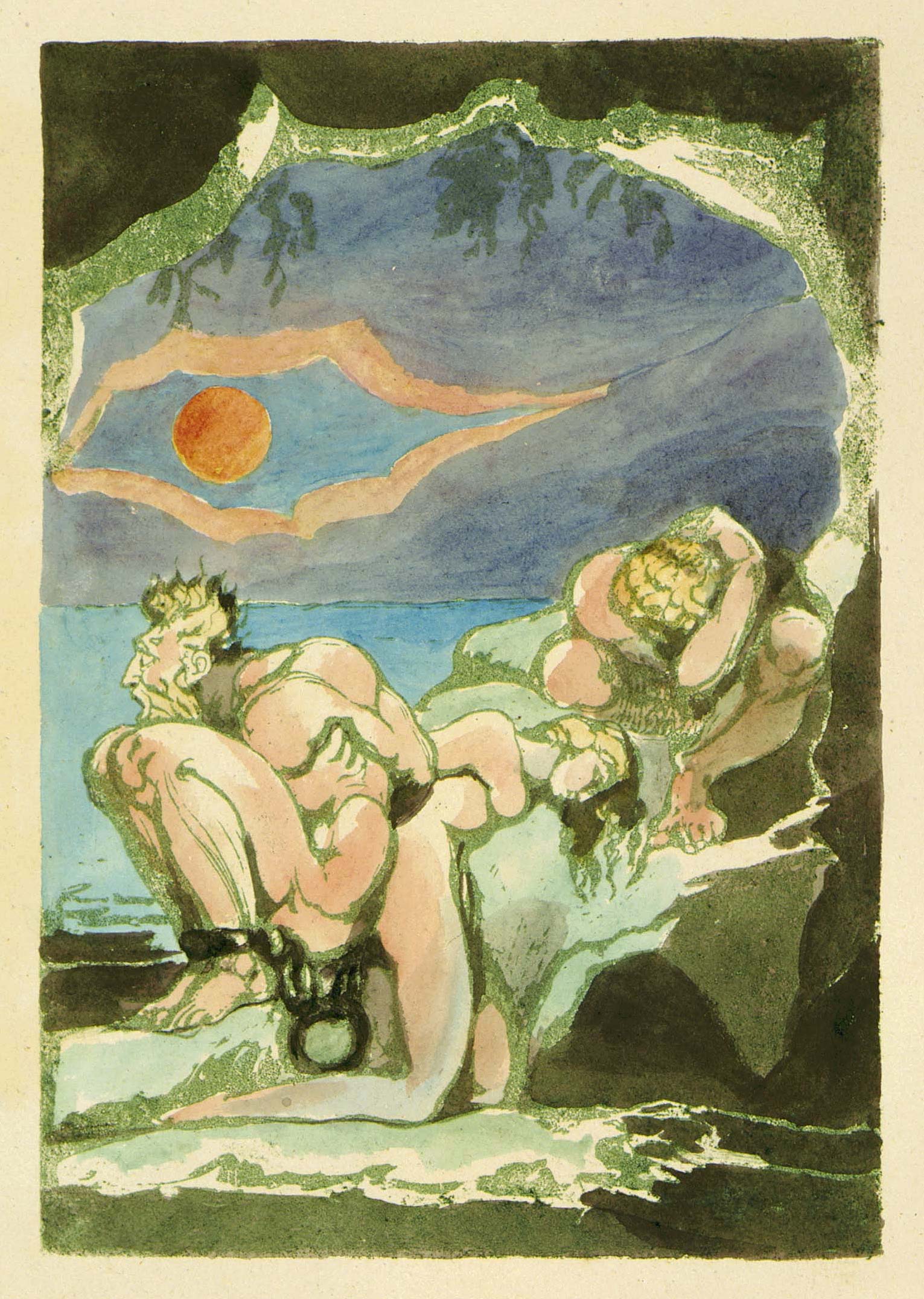minute particular
THE AGE AND VIRGINITY OF LYCA
In Blake’s “The Little Girl Lost” Lyca is a virgin seven years old and Kathleen Raine finds the choice of age “inexplicable” (Blake and Tradition, I, 145). But the Commentary of Hierocles on the Golden Verses of Pythagoras tells us that the number seven itself is a virgin, a surprising statement explained in a single sentence from a translation Blake could well have read:
Now, the powers and properties of the unit, and of the septenary, are very great and excellent: for the unit, as the principle of all the numbers, contains in itself the powers of them all; and the seven being a virgin, and without any mother [Lyca had lost both father and mother], holds, in the second place, the virtue and the perfection of the unit, because it is not ingendered by any number within the interval of ten, as four is produced by twice two, six by twice three, and eight by twice four, nine by three times three and ten by twice five: neither does it produce any number within that interval, as the number two produces four, theIt may be significant that a cloud tells another virgin, Thel, that he passes away “to tenfold life, to love, to peace and raptures holy” (The Book of Thel 3:11), since virginity in Hierocles is represented by an inability to “produce any number within that interval.”three nine, and the five ten.Left Visions of the Daughters of Albion, frontispiece. Rosenwald Collection, Library of Congress. Reproduced by permission.
[View this object in the William Blake Archive]
The Commentary of Hierocles upon the Golden Verses of Pythagoras, translated from the Greek. The Second Edition, Corrected and Improved (Glasgow, 1756), p. 154. (The following page has a passage on the “quaternion,” which “contains and binds together all beings whatsoever, the elements, numbers, seasons, ages, societies, or communities,” of great relevance to Blake’s concept of the Four Zoas.)
John Adlard edited the Blake volume in the Studio Vista Pocket Poets series (1970), and he authored a biography of Yeats’ early friend Count Eric Stenbock (1970), as well as The Sports of Cruelty (1972), a book mainly about Blake and folklore.

